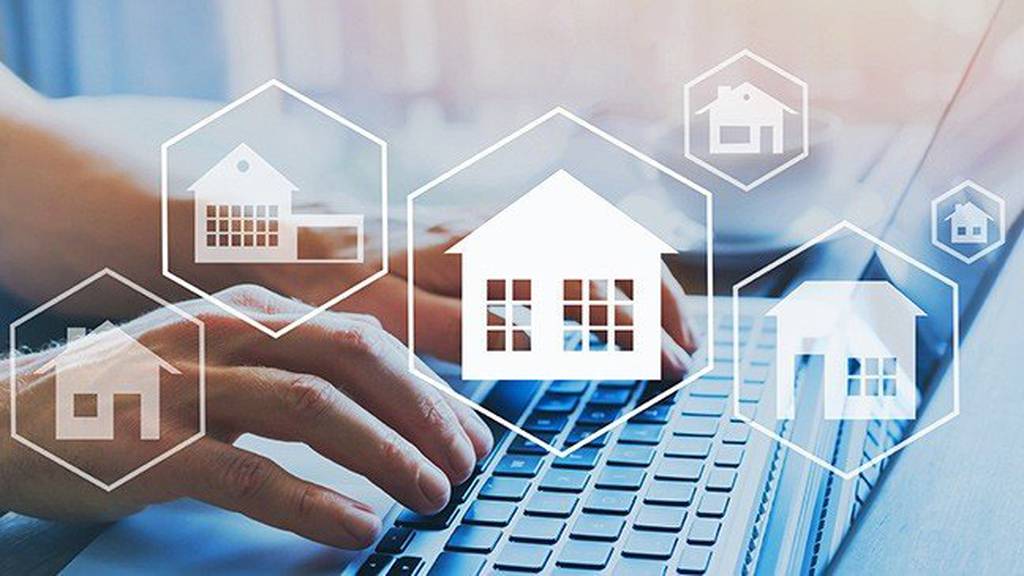If you’re just starting out on your journey to financial success, you may not have a big emergency fund saved. And if you’re planning to buy your first home soon, you may be wondering how to structure your savings.
Should you save for your emergency fund first? Or should you save for your home and sock away emergency money after you buy?
If you’re in an area of the country where renting is more expensive than buying (most of the country, according to a recent Forbes article), you might want to jump into homeownership as soon as possible.
So maybe you’re thinking, “I’ll just save up for a down payment and closing costs and then worry about an emergency fund after I buy a house.”
Not so fast.
A mortgage lender is much less likely to give you a loan if you’ll have no money left after paying your down payment and closing costs. You’ll most likely need at least a partial emergency fund before you apply for a mortgage, so you may want to make saving for emergencies your first priority.
All About Reserves
There are four basic requirements to getting a mortgage: income, credit, collateral (the value of the property), and assets. Assets include both your down payment/closing costs and your cash reserves.
Of these four, you probably hear the most about credit and your down payment, and the least about your cash reserves. Your assets in reserve are those you can access easily, which can include savings accounts, checking accounts, stocks, bonds, mutual funds, and even retirement assets.
This is money that you can access in case of an emergency. Your lender wants to know that if you lose your job or run into other difficulties, you’ll still be able to pay your mortgage.
How Much Do You Need in Reserve?
Cash reserve requirements vary from one lender to the next. However, the larger your debt-to-income ratio, the larger the cash reserve you’re likely to need. If you put a significant amount of money down on your home, or if your DTI ratio is very low, you may not need to have as large a cash reserve as you would otherwise.
With that said, you should plan to have at least two months' worth of mortgage payments in reserve after you pay for your home buying costs.
So if your expected mortgage payment (including things such as property taxes and homeowner’s insurance) is $1,500 a month, you should have at least $3,000-$4,500 in cash reserves. This is obviously much less than a fully-funded emergency fund, which would be able to cover all your monthly expenses for three to six months.
What Counts as Cash Reserves?
According to a local ReMax realty site, cash reserves can come from nearly any source that’s easily accessible. Bank accounts are obvious here, but stocks and mutual funds are also acceptable sources. Since you can withdraw penalty-free from certain types of retirement accounts in case of a financial crisis, these accounts may count as well.
The main thing is that you'll have to provide documentation of your cash reserves to the mortgage lender. This could come in the form of recent bank or brokerage statements, or recent retirement account statements.
Also, the cash for your reserves and for your down payment and expenses will likely need to be seasoned. In other words, it'll need to sit in your bank account for about three months before you apply for a mortgage. This helps lenders weed out buyers who may not have the savings discipline that homeownership requires.
One thing to note: You can use a gift from a close family member to get a mortgage. The gift money could form part or all of your down payment, or part or all of your cash reserves.
The process can be complicated, though, as the person giving the money will have to provide documentation about where the gift comes from and what it's for. Gift taxes may also apply to large gifts.
It All Goes in the Same Pot
As you can see, having at least some emergency savings before buying a home is essential. With that said, the money for your down payment and your emergency fund is likely to all go in the same account.
So you don't really need to think of saving first one and then the other. Instead, you'll set a general savings goal of how much you'll need before you buy a home.
If you like to follow steps like those outlined in Dave Ramsey’s Total Money Makeover, think of saving for a home as Baby Step 3.5. You don’t have to save three months’ worth of expenses before you save to buy a home, but you should save at least some.
Once you've saved a couple of months' worth of mortgage payments, you can move on to achieving your down payment goal.
So when it comes to thinking about saving for a home, think of your total savings goal. Calculate not only how much you'll need for your down payment and closing costs, but also how much you'll need to have in reserve.
Related: Can You Put a Down Payment on a Credit Card?
Then, save the total amount in a money market account or a similar option, and prepare to buy a home.









